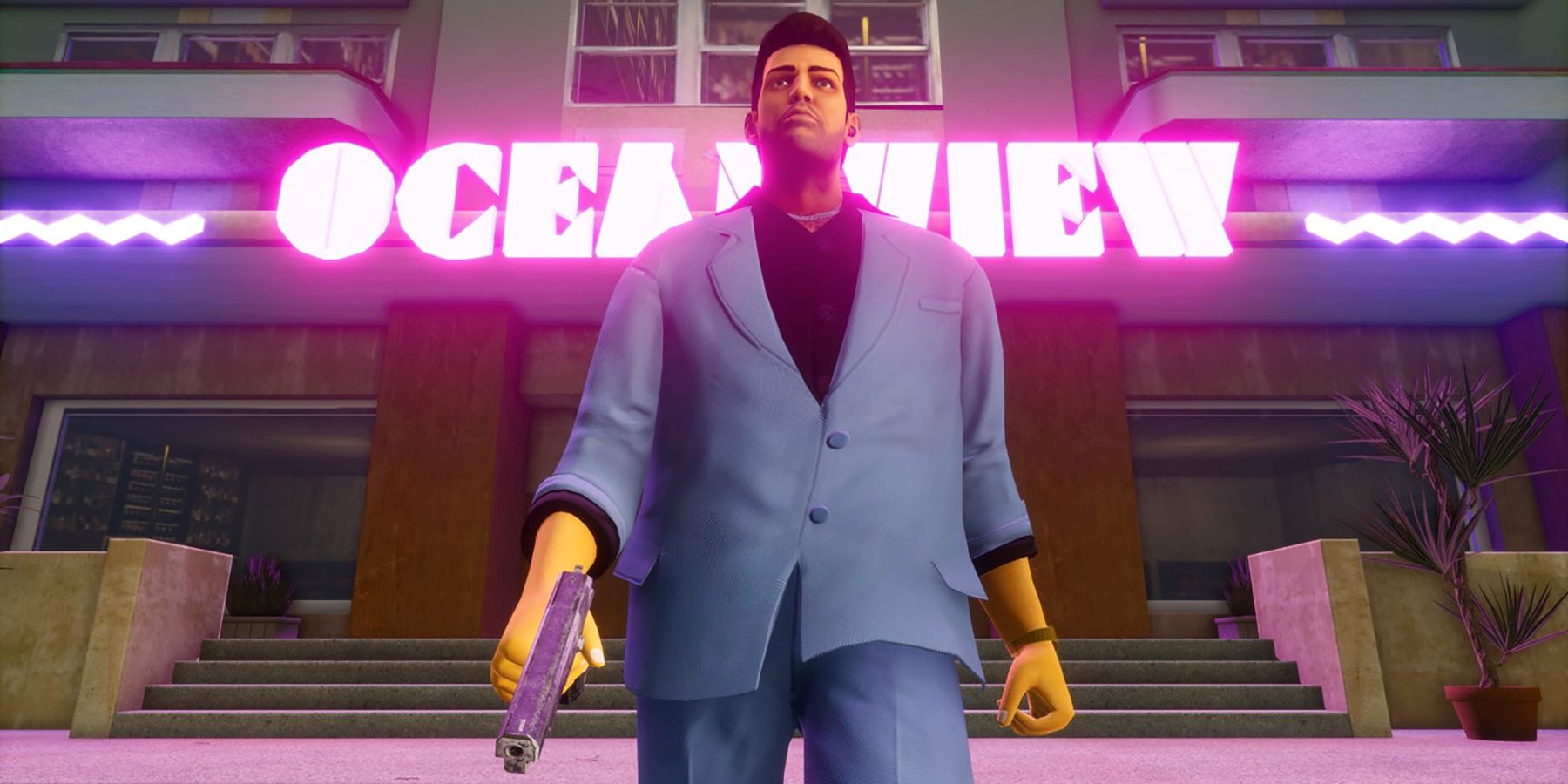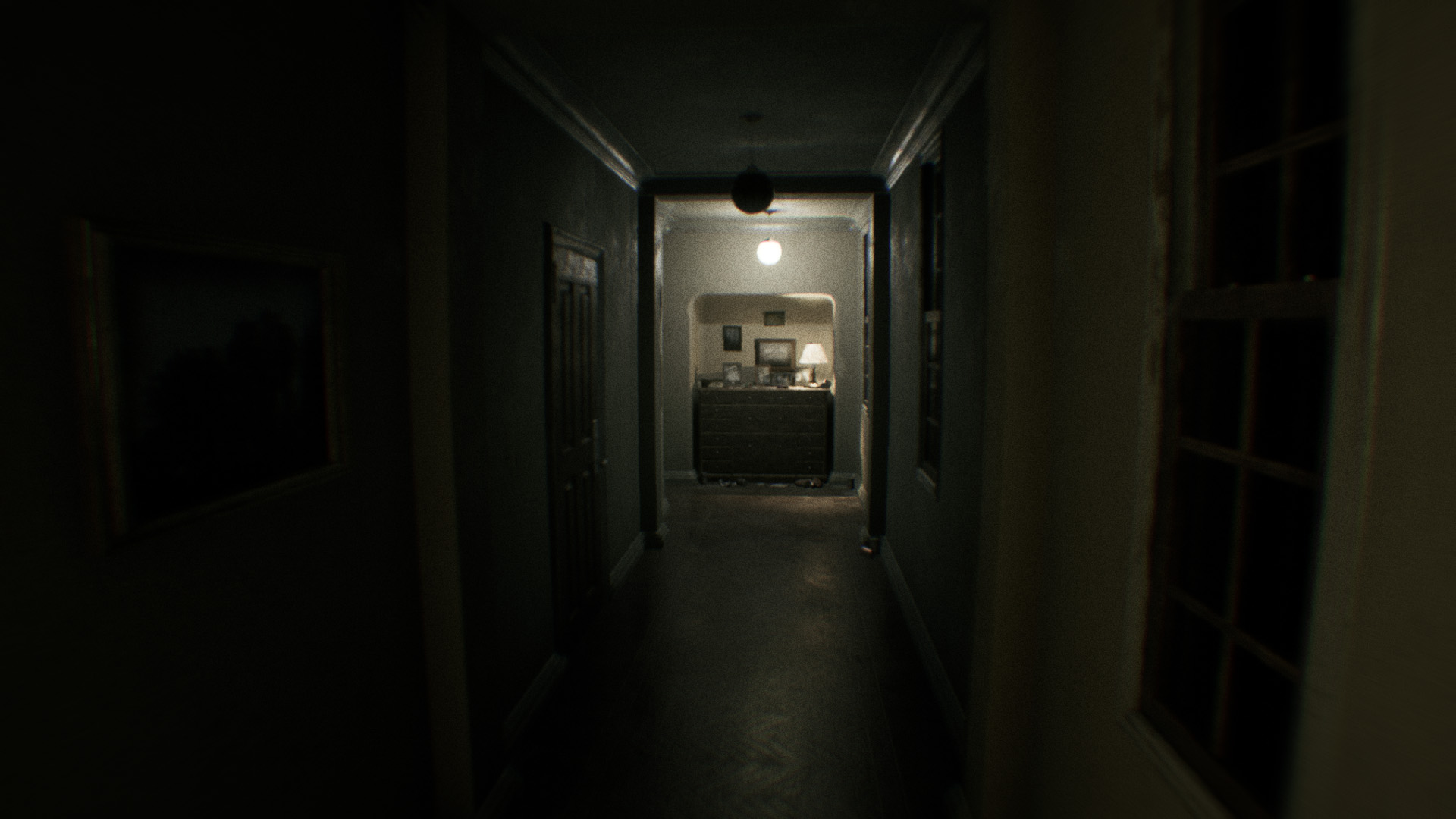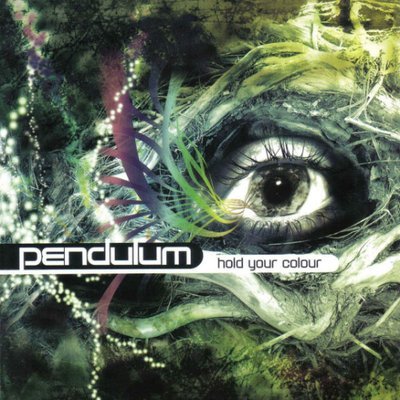The GTA Trilogy trainwreck was a wake-up call: stop delisting old games
Remasters shouldn't delete the work that preceded them, period.

At this point, it's not too controversial to say that the Grand Theft Auto Trilogy "Definitive Edition" is a rather wonky remaster of the PS2-era GTA games. Worse yet, Rockstar and publisher Take-Two Interactive would have it be the only version available to play. It's easy to draw comparisons between this and the messy fate of the original Star Wars trilogy, with the original versions consigned to deep, dark vaults while questionably edited editions (and fan edits) take their place.
Accompanying the release of the new, (overly) shiny remastered versions, the original digital versions of Grand Theft Auto 3, Vice City, and San Andreas were pulled from stores. Three games with active modding, speedrunning, and even online multiplayer communities, suddenly became unable to bring new players into the fold—unless they raid Ebay for second-hand copies, or resort to piracy. It's a sad state of affairs, and it happened entirely by design.
While I've heard some questionable excuses for delisting older versions of games, including "reducing confusion," the core reason for delisting older versions of games, unfortunately, is financial. New and remastered versions get to command a higher price-tag, and higher sales of newer products look good on quarterly financial reports. It's shameless pursuit of the almighty dollar, with no real care about the preservation of games as an artform with history.
Rockstar and Take-Two have been especially bad in recent years. In the run-up to the release of the Definitive Edition trilogy, the publisher went on the warpath, threatening legal action against mods attempting to spruce up the older GTA games for free. This campaign against the modding community reached such heights that some of the most dedicated fans and creators have decided that it's not a risk worth taking anymore, and preemptively abandoned its projects, such as the fan-favorite GTA Underground.
Now fractured, the GTA community needs to decide whether they'll rally around the new remastered versions, or (quietly) stick with the older games while avoiding the ire of a publisher that would very much like them to buy the game again in its latest, most broken iteration.
Erasing progress
GTA fans aren't the only community splintered by delisting. With the release of Dark Souls Remastered, the original Prepare To Die edition of the game was pulled from Steam. In this case, the remaster was generally hailed as a subtle improvement over the original release, cleaning up the quality of the PC port and fixing some long-standing bugs. The delisting still threw a spanner into the works for the nascent Souls modding community, which to this day still has to invest extra effort into releasing separate Remastered and Original versions.
While a pain for the Souls mod scene, they still at least have a good version of the game readily available. Whole franchises have been lost from digital storefronts over the years. As a card-carrying fan of all things stompybot, it pains me deeply that the Transformers Cybertron series by High Moon is unavailable to most on PC, along with Platinum’s gorgeous Transformers: Devastation. All casualties of Activision losing hold of the license.
Keep up to date with the most important stories and the best deals, as picked by the PC Gamer team.

Some delistings even seem to happen out of spite, most notably P.T. on PlayStation 4. While most of the delisted games mentioned here can still be downloaded, Hideo Kojima’s proof-of-concept for a new Silent Hill game was completely obliterated from Sony’s download servers by Konami, in the wake of their messy breakup with Metal Gear Solid’s director. Fans wanting to keep the spark alive have even gone as far as painstakingly recreating it in other engines, and consoles with the original version still installed command a hefty markup on Ebay.
Archival site Delisted Games counts 539 games that have been pulled from Steam alone, many due to licensing issues. While a pain to deal with, these cases are at least understandable (unlike Konami’s scorched earth policy with P.T.) as music and other big-brand licensing is expensive, especially for in-perpetuity contracts. It’s an expense that not even major publishers are willing to splash out for, opting for renewable short-term contracts instead.

Unfortunately for us, rather than renew these deals, many publishers opt to just pull them from sale as the potential revenue gain is outweighed by the licensing costs. Not great, but less malicious, and usually preceded by a last call and discount so players can add it to their accounts before time runs out. Microsoft recently retired both Forza Motorsport 7 and its open-world cousin Forza Horizon 3. Thankfully they put them on steep discount first, but anyone who missed out now has to track down the Xbox versions second-hand.
Whatever the underlying reason for delisting, it often falls to amateur archivists to preserve these lost games and keep them in circulation, despite the risk of being labelled 'pirates' by potentially litigious corporate giants.
In the case of older games, preservation efforts are made easier by boxed, physical versions still being in circulation. If you're willing to pay whatever the collector's markup is, a single copy can be extracted and distributed far and wide online. Tragically, this has become less of an option in the past decade, with many games released in purely digital format. Even if you're lucky enough to stumble on a sealed copy in stores, you'll likely find no disc inside—just a Steam download code.
While initially convenient, the rush towards all-digital games media has led us to this point, where publishers have more control over the games we play and what's available to buy than ever before. Things can and will only get worse if we allow streamed-to-device cloud gaming to become the norm, and of course there's the problem of corporations being more than happy to shut down vital online servers for games they feel are past their sell-by date.
While they're not entirely innocent themselves (they're working on ways for publishers to take down older game builds on Steam), Valve has set a reasonable example for publishers to follow here. The original Half-Life is still available to buy and play on Steam, along with their Half-Life: Source remaster and even the fan-made remake, Black Mesa. They even let people download the fan-made multiplayer remix Sven Co-Op free, despite it containing all of the original game's content.
It's hard not to feel like we're inexorably sliding towards an era of absolute corporate control over the games we buy and play. A world where we really don't 'own' anything we buy, but just rent licenses the storefronts can revoke at any point. There's ways to push back against this, of course. DRM-free versions of games from stores like GOG, Itch.io or the increasingly well-stocked Zoom are much easier to keep in circulation, even if they do get officially pulled from sale.
But at the end of the day, the buck stops with the publishers. Short of a massive boycott campaign, all we can do is ask them to treat gaming as an artform with a history worth preserving. So please, Rockstar, Take-Two and others who might be listening. Keep your back-catalogue available, and let your audience be the ones who decide which version they'd like to play.

The product of a wasted youth, wasted prime and getting into wasted middle age, Dominic Tarason is a freelance writer, occasional indie PR guy and professional techno-hermit seen in many strange corners of the internet and seldom in reality. Based deep in the Welsh hinterlands where no food delivery dares to go, videogames provide a gritty, realistic escape from the idyllic views and fresh country air. If you're looking for something new and potentially very weird to play, feel free to poke him on Bluesky. He's almost sociable, most of the time.

